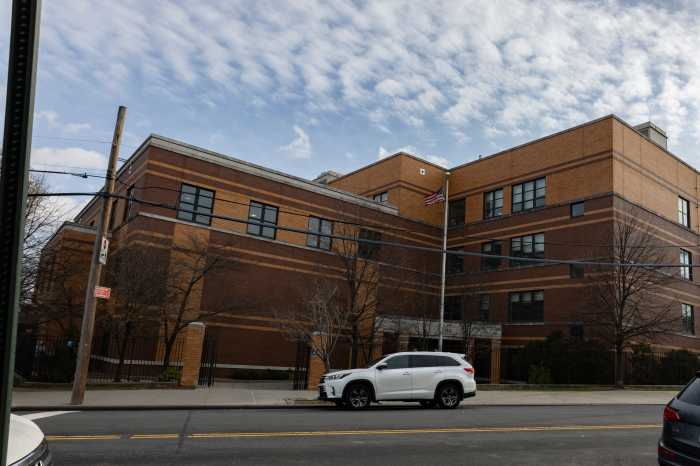By the year 2030, 72 million Americans will be over the age of 65. It is likely that during the next four years we will see changes affecting seniors – Social Security, retirement savings, Medicare, taxes and long-term care.
Social Security is a big concern to all. The Obama administration is opposed to the privatization of Social Security. The program faces major solvency problems as baby boomers begin to retire and draw on their benefits. It is projected that Social Security’s expenses will surpass revenue beginning 2017, which would force the system to start relying on its trust fund, which would only last until 2041.
Some suggested ways of restoring Social Security’s fiscal health are raising payroll taxes, raising the amount of Social Security benefits subject to tax, or gradually raising the age of full benefit eligibility. Obama has expressed opposition to benefit reductions and has called for boosted payroll taxes for individuals with annual income exceeding $250,000.
It is evident that the financial crisis has eroded private retirement savings in 401(k)s and IRAs. However, even prior to the market crash, half of the country’s working population did not participate in retirement savings plans. President Obama supports the “Automatic IRA,” which mandates small businesses that do not sponsor their own plans to offer a payroll-deduction saving option to employees.
Another proposal that was passed by Congress aims to ease the impact of the economic crisis by allowing retirement savers to postpone taking minimum distributions from their IRA’s for 2009. The minimum amount required to withdraw annually is based on a formula using the account balance from the previous year. So, the 2008 distribution was tied to account balances at the end of 2007, when the stock market was much higher.
Medicare faces even worse problems than Social Security. Medicare expenditures are expected to hit $486 billion in 2009, accounting for roughly 14 percent of the federal budget. Expenses are rising faster than overall inflation and are on track to be $887 billion by 2018. Obama wants to let the federal government negotiate for lower drug prices creating greater transparency in the Part D prescription drug program. He has also expressed the opinion that the Medicaid Advantage program is a wasteful privatization plan. He has promised to scale it back or eliminate large portions of the program.
President Obama’s broad health insurance program, which would offer coverage to people without employer-based insurance, could help people who retire or lose their jobs before age 65, when Medicare eligibility starts. Some health care experts have even called for expanding Medicare eligibility to younger retirees.
President Obama’s proposals regarding eliminating income taxes for seniors earning under $50,000 are not likely to come to pass. Most low and moderate income seniors pay little or no taxes and more affluent seniors would not see relief because even if wealthy in assets, they often have low incomes.
Finally, President Obama wants to improve long-term care options by training more nurses and providing more non-institutional care options.
Ronald A. Fatoullah, Esq. is the principal of Ronald Fatoullah & Associates, a law firm that concentrates in elder law, estate planning, Medicaid planning, guardianships, estate administration, trusts and wills. The firm has offices in Forest Hills, Great Neck, Manhattan, Brooklyn, and Cedarhurst, NY. Fatoullah has been named a “fellow” of the National Academy of Elder Law Attorneys and is a former member of its Board of Directors. He also served on the Executive Committee of the Elder Law Section of the New York State Bar Association for over 15 years. Fatoullah chairs the legal committee of the Alzheimer’s Association, LI Chapter. Fatoullah is a co-founder of Senior Umbrella Network of Queens. This article was written with the assistance of Stacey Meshnick, Esq., who supervises the Medicaid Department at the firm. The firm can be reached by calling 718-261-1700, 516-466-4422, or toll free at 1-877-ELDER-LAW or 1-877-ESTATES.



































